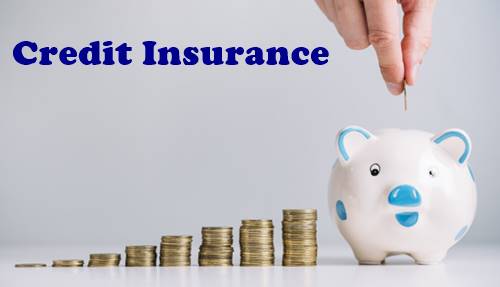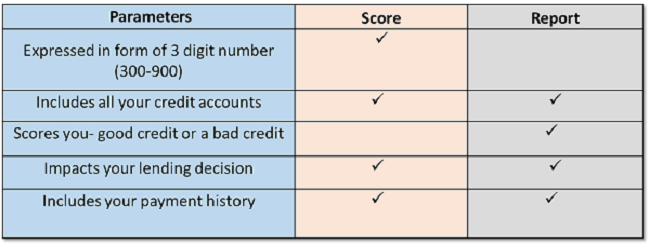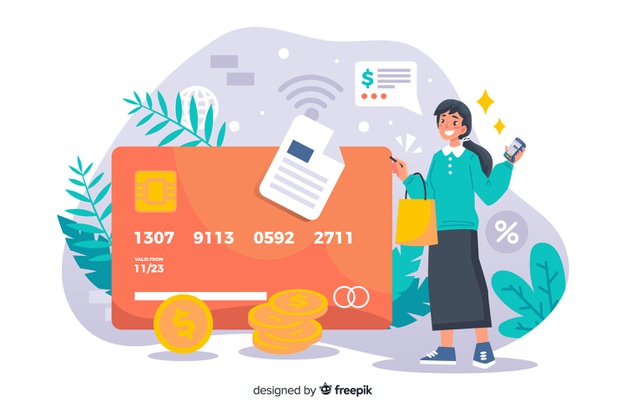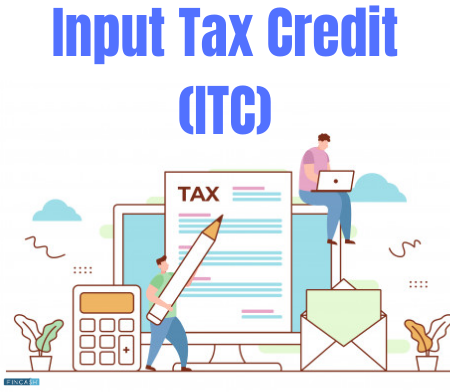
Table of Contents
Credit Insurance
What is Credit Insurance?
Credit Insurance is an insurance policy type that a borrower purchases to pay off one or more existing debts in case unemployment, disability, or death occurs. Often, this insurance type is marketed as a credit card feature that charges a certain percentage of the unpaid balance of the card every month.
Working of Credit Insurance
During specific and sudden catastrophes, credit insurance can turn out to be a financial lifesaver. But, there are several credit insurance policies that have been overpriced in terms of the benefits that they provide.

Along with that, these policies also come with a heavy fine print that makes collecting it even difficult. Thus, if you are buying this insurance to safeguard your future, make sure that you are thoroughly going through the fine print and compare the price with other insurance policies, including a basic term Life Insurance policy.
Types of Credit Insurance
Basically, there are three different types of credit insurance policies that come with their own advantages:
Talk to our investment specialist
Credit Life Insurance
In case the policyholder dies suddenly, this turns out to be an advantages option to pay outstanding loans.
Credit Disability Insurance
This one is also known as health and accident insurance. This credit insurance pays a monthly advantage directly to a lender, which is generally equal to the minimum monthly payment of the loan.
However, this type only works if the policyholder becomes disabled. Before availing the benefit of this insurance type, it is mandatory that the policyholder is disabled for a specific amount of time. Although, in some situations, benefits can be availed on the first day of disability; there are other scenarios where the advantage can begin only once the waiting period is over, which is generally 14 days to 30 days.
Credit Unemployment Insurance
This type of insurance is beneficial in case the policyholder becomes involuntarily unemployed. In that situation, a credit unemployment policy pays a monthly benefit directly to the beneficiary, which is equal to the minimum monthly payment of the loan.
To get the advantages, in some cases, the policyholder should be unemployed for a specific period of time, which is 30 days in most scenarios. While in others, the person can take the benefits on the first day of unemployment.
All efforts have been made to ensure the information provided here is accurate. However, no guarantees are made regarding correctness of data. Please verify with scheme information document before making any investment.












